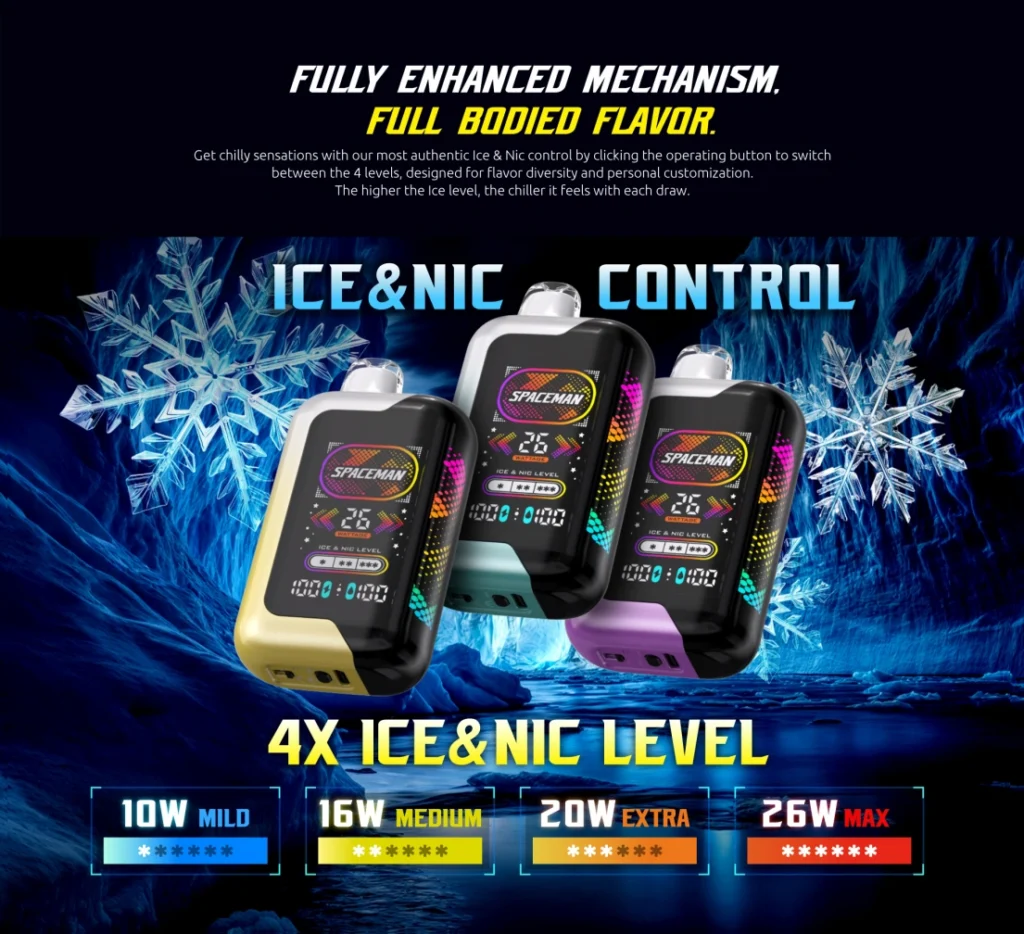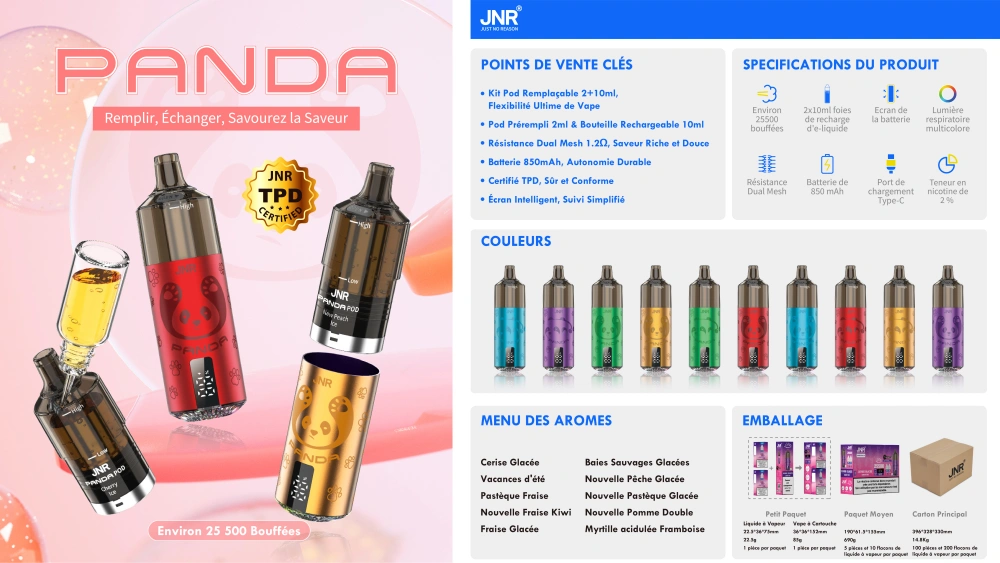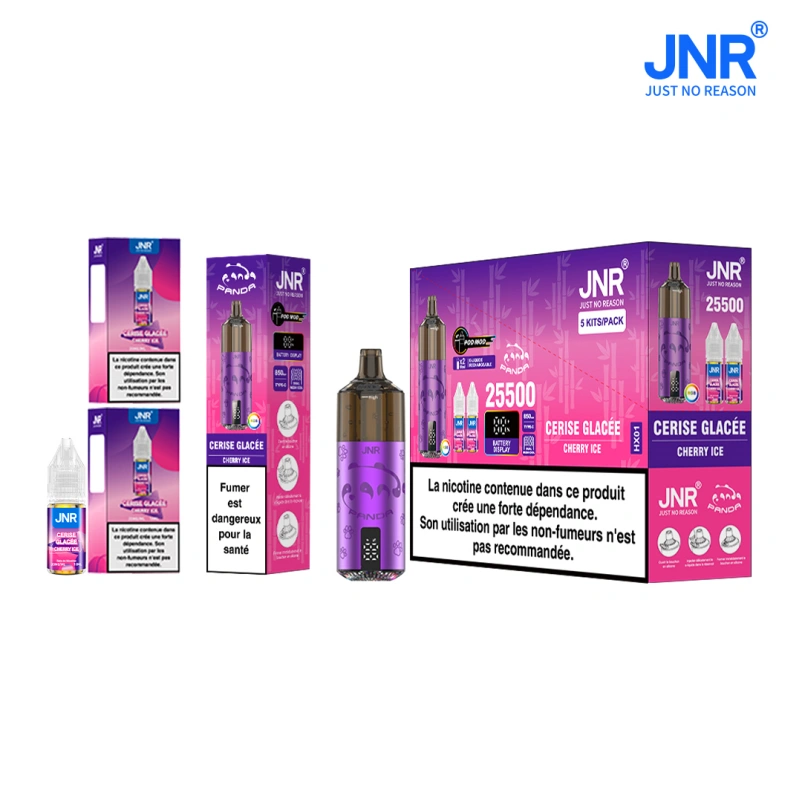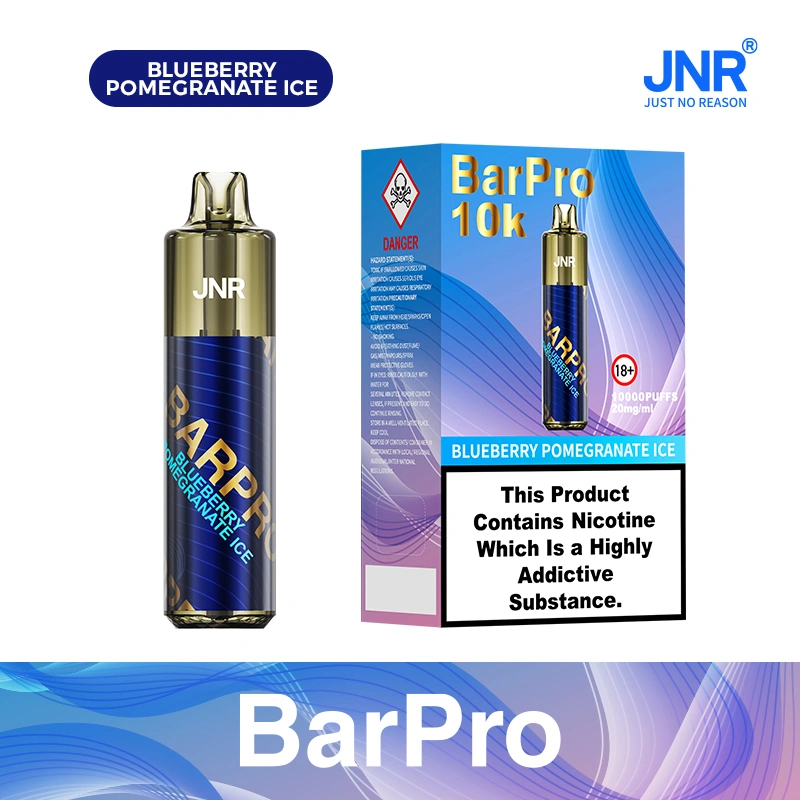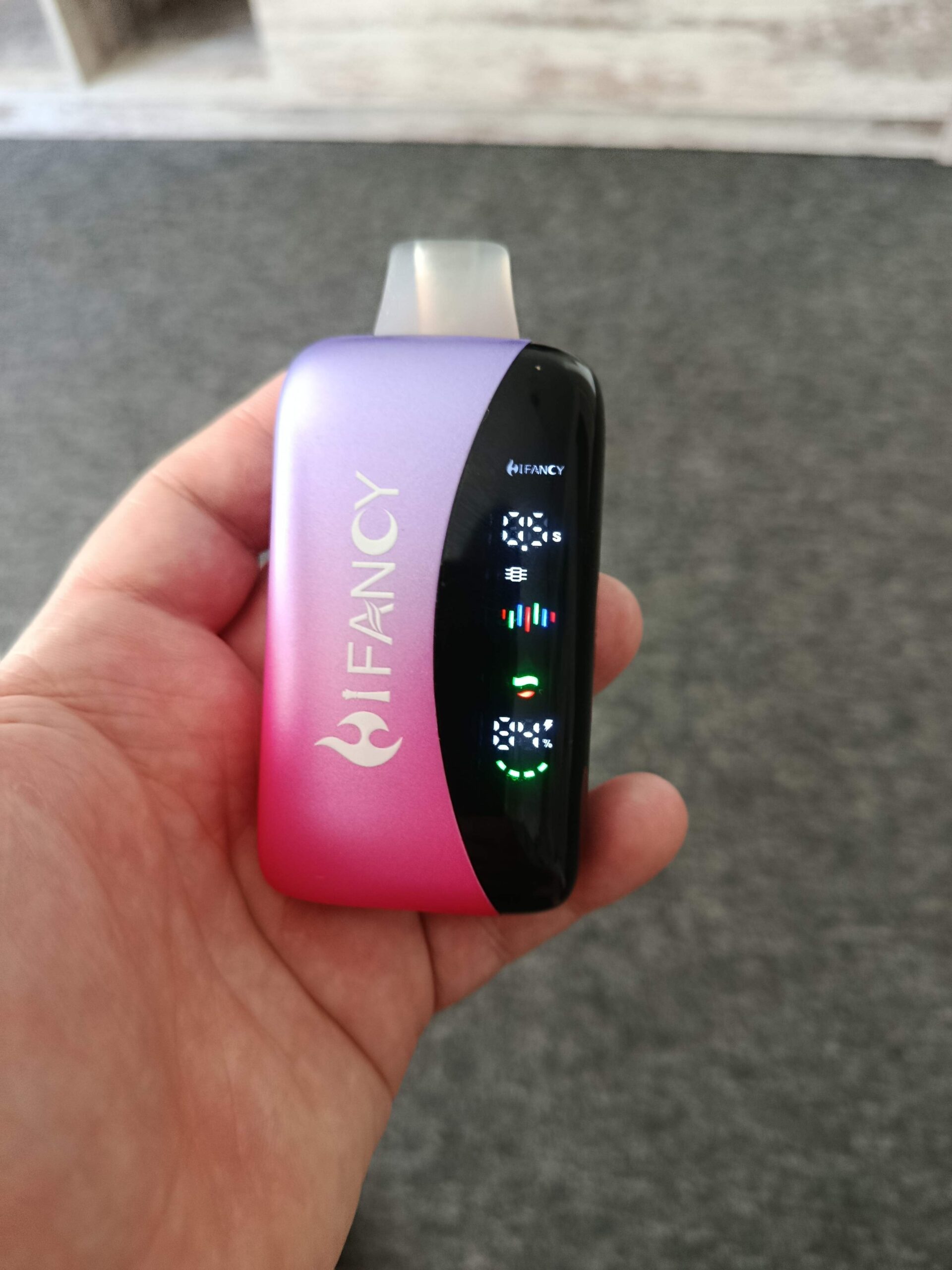Politikas prasības elektronisko cigarešu importam un eksportam

Comprehensive Overview of E-Cigarette Import and Export Policy Requirements
Regulatory Framework for E-Cigarette Imports
Compliance with Domestic Standards and Technical Reviews
E-cigarette products intended for import into China must undergo rigorous technical evaluations before entering the market. According to the Electronic Cigarette Management Measures issued by the State Tobacco Monopoly Administration, imported products must pass technical reviews conducted by professional institutions. This process involves assessing compliance with national standards such as the Electronic Cigarette强制性国家标准 (GB 41700-2022), which specifies requirements for nicotine concentration, material safety, and labeling. For instance, products containing lithium batteries exceeding 20Wh must comply with the Inspection Law of the People’s Republic of China on Import and Export Commodities, requiring performance and usage certifications.
Customs Clearance and Documentation
Imported e-cigarettes are classified under HS codes 2404.1200 (non-combustible nicotine products) and 8543.4000 (electronic vaporization devices). Customs declarations must include detailed information such as product composition, brand, model, and intended use. For example, a 2025 policy update mandates that packaging for imported products display the phrase “仅限中国境内销售” (For Sale Only in China) alongside the tobacco专卖生产企业许可证编号 (Tobacco Monopoly Production License Number). Additionally, products must undergo mandatory inspection by the General Administration of Customs if classified as restricted goods under the Automatic Import License Management Measures.
Restrictions on Specific Components
The import of e-cigarette components, including nicotine salts and atomization devices, is subject to quantity and usage restrictions. Enterprises must register with the national electronic cigarette transaction management platform and submit import demand plans for approval. For example, a 2024 directive from the State Tobacco Monopoly Administration prohibits the import of e-cigarette parts and raw materials for unauthorized production, aligning with global efforts to curb illicit trade.
Export Regulations and Compliance Standards
Destination Market Compliance
E-cigarette exports must adhere to the legal and safety standards of the importing country. For EU markets, products require CE certification, REACH compliance, and RoHS testing for hazardous substances. In the U.S., the FCC certification and Public Law 104-142 standards for lithium batteries are mandatory. A 2025 case study highlights an Australian exporter who faced penalties for failing to exclude benzaldehyde—a prohibited substance under TGO 110—from e-liquid formulations.
Packaging and Labeling Requirements
Export packaging must display critical information such as the manufacturer’s tobacco专卖生产企业许可证编号 (Tobacco Monopoly Production License Number), production batch numbers, and expiration dates. For委托加工 (contract manufacturing) products, the packaging must feature the license number of the contracted producer. A 2024 amendment to the Electronic Cigarette Export Management Guidelines specifies that multilingual warnings and ingredient lists must be included for markets like the EU, where the Tobacco Products Directive (TPD) mandates disclosure of nicotine content and health risks.
Logistics and Safety Protocols
E-cigarettes containing lithium batteries are classified as dangerous goods under UN 38.3 standards, requiring specialized packaging and transportation. Exporters must submit safety data sheets (SDS) and obtain performance certifications from accredited laboratories. For example, a 2023 incident in Germany involved the seizure of a shipment due to improperly labeled lithium-ion batteries, underscoring the importance of compliance with IATA and IMDG regulations for air and sea freight.
Global Trade Dynamics and Regional Restrictions
Emerging Market Access Challenges
Several countries have imposed outright bans or stringent regulations on e-cigarettes. Vietnam’s 2025 resolution prohibits the import, production, and sale of all e-cigarette products, including components and raw materials. Similarly, Thailand’s Tobacco Control Act restricts nicotine-containing e-liquids to medical-use exemptions, requiring exporters to navigate complex approval processes. These policies highlight the need for businesses to conduct thorough market due diligence before exporting.
Cross-Border Data Reporting
To combat illicit trade, China’s national electronic cigarette transaction management platform mandates real-time reporting of export volumes, destinations, and customer details. Exporters must submit quarterly reports to provincial tobacco monopolies, which aggregate data for national oversight. A 2024 audit revealed that 15% of exporters failed to comply with these requirements, resulting in license suspensions and financial penalties.
Intellectual Property Protection
Counterfeit e-cigarette products account for 20% of global seizures, according to a 2025 INTERPOL report. To mitigate risks, exporters must register trademarks and patents with destination-country authorities. For instance, a Chinese manufacturer successfully blocked the sale of counterfeit products in the EU by leveraging the Madrid Protocol for international trademark registration, preventing revenue losses estimated at $5 million annually.

